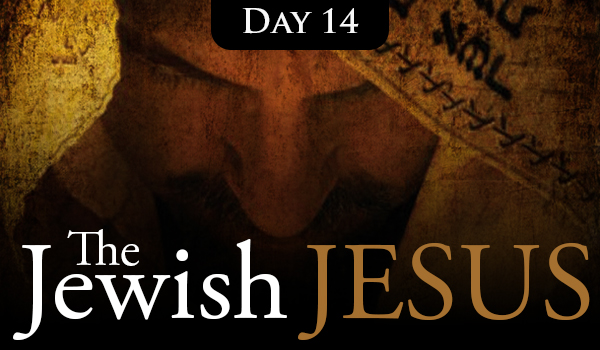
Every year Jesus’ parents went to Jerusalem for the Festival of the Passover.
When he was twelve years old, they went up to the festival, according to the custom.
Luke 2:41–42
Luke Chapter Two gives us another exclusive glimpse into the early life of the Jewish Jesus. We will look much more closely at Passover on another day. For now, we read this passage that contains the only Gospel story of Jesus when He was a child (verses 41–52).
Every Jewish man tried to make the annual trip to Jerusalem for three festivals, including Passover (Deuteronomy 16:16). So, when Joseph, Mary, and Jesus took the journey, many others were also on this pilgrimage, including family and friends. This would be very similar to the caravans we see portrayed today in movies or in National Geographic.
Perhaps it wasn’t surprising, then, that Jesus’ parents didn’t realize on the trip home that they didn’t have their Son. The women and children were usually in the front of the caravan and the men in the rear, so they may have assumed that their maturing son was somewhere in this long line. Instead, they later “found him in the temple courts, sitting among the teachers, listening to them and asking them questions” (Luke 2:46).
What we’re going to focus on today was Jesus’ age. At the age of 12, Jewish boys were preparing to take their journey into adulthood. At age 13, males were required to observe the law, just as full-grown men were. This didn’t make the new teenagers adults, but they were of the age that observation of and obedience to the law were expected, and they were now accountable for their actions.
You might also agree that in previous centuries and millennia children had greater responsibilities at much younger ages than their counterparts in today’s advanced societies. In many of the poorer countries where I travel, a lot of the children have responsibilities that American teens have not yet remotely tasted.
Today, this Jewish teenage transition is celebrated through Bar Mitzvah. Translated, this means “son of the law” or “son of the commandment”. This requires fervent study of the Torah, which encompasses the first five books of the Old Testament (referred to by Christians as the Pentateuch).
Let us take this example from Jewish life as a guide to raise our children to obey God’s law. While we are not bound by legalism, we are compelled to obey His commands out of love for the One who fulfilled the law, not abolished it. We ought to mirror the servant’s life that Jesus led, a life of devotion to the will of the Father, a life full of Scripture embedded in our hearts and proceeding from our lips.